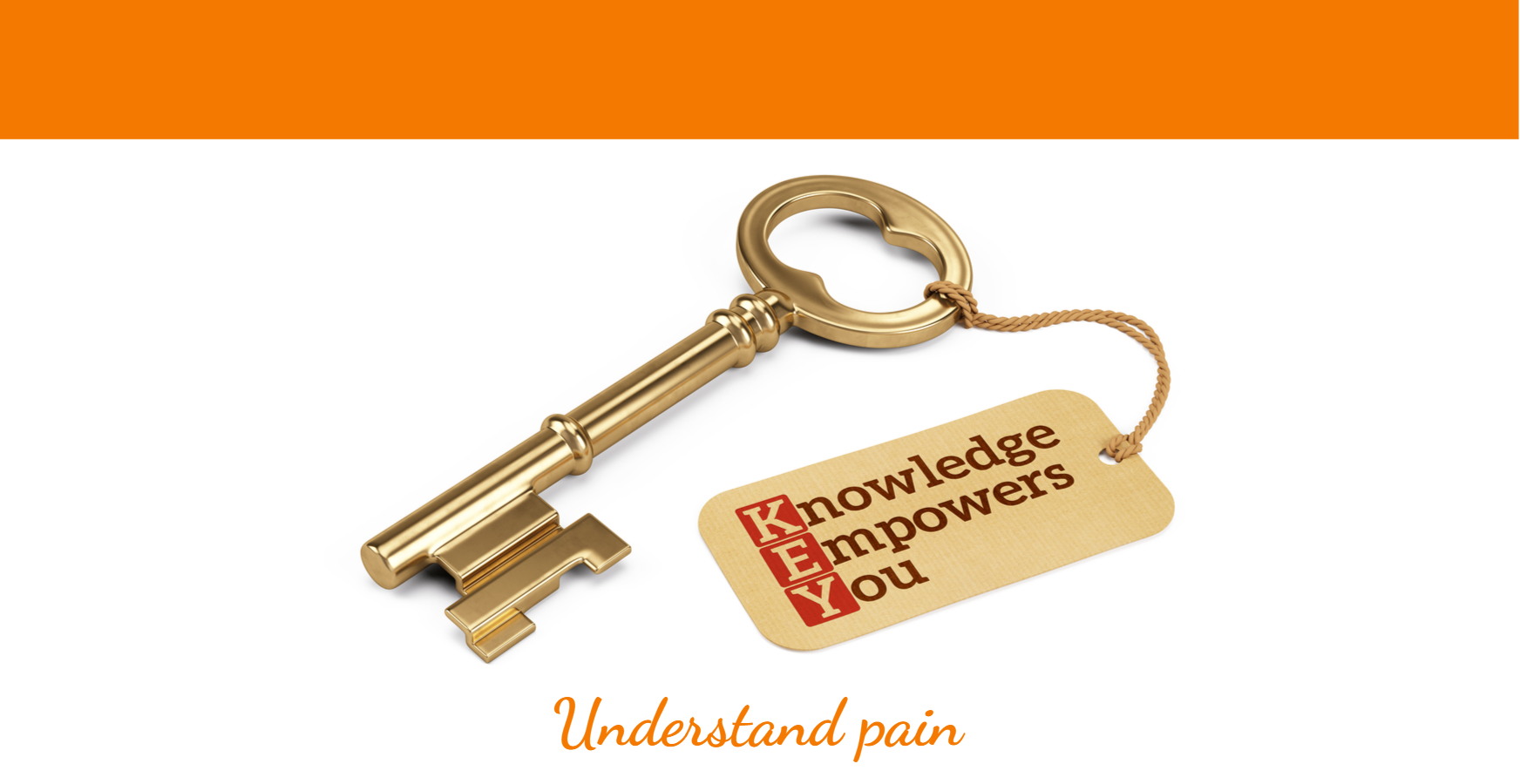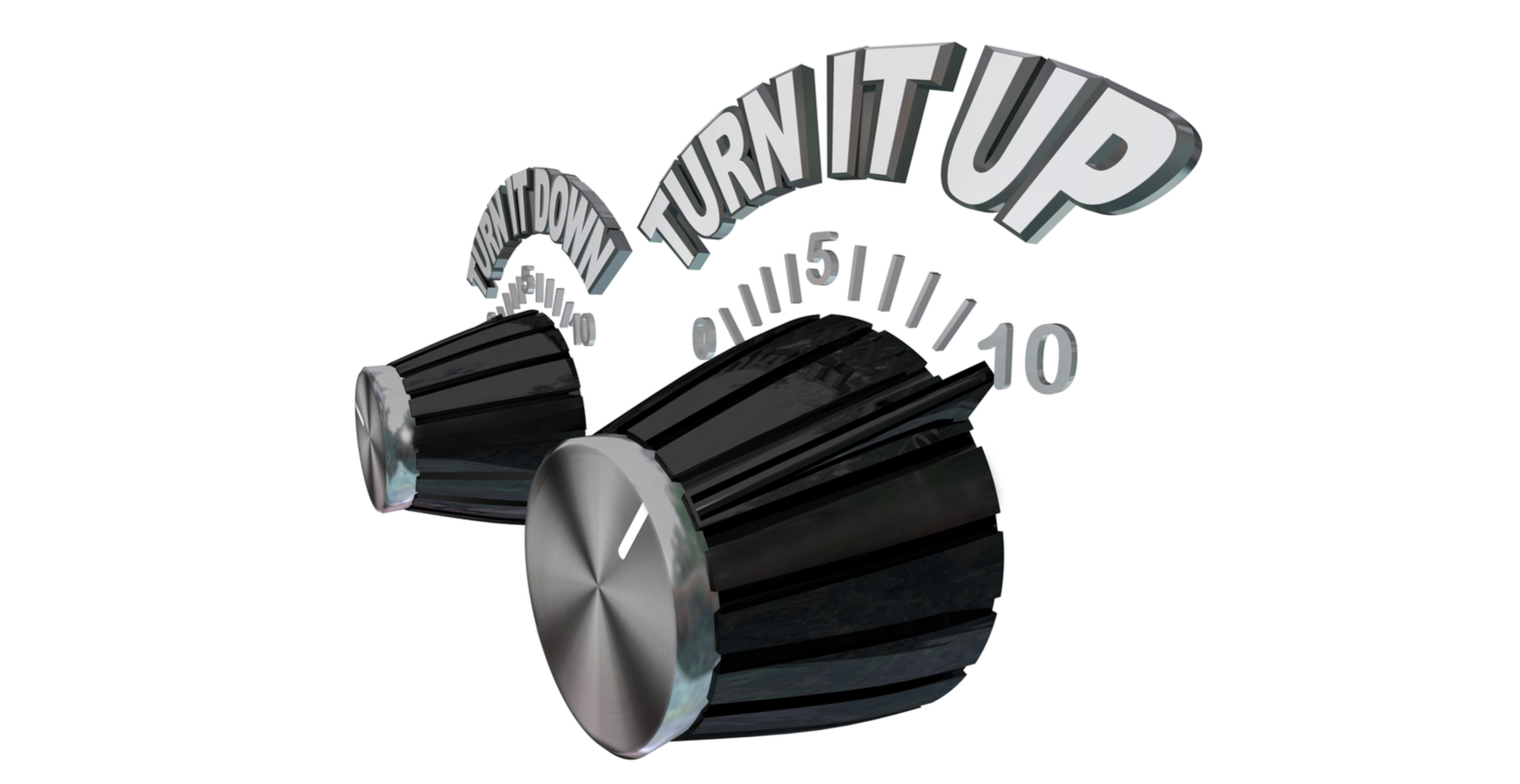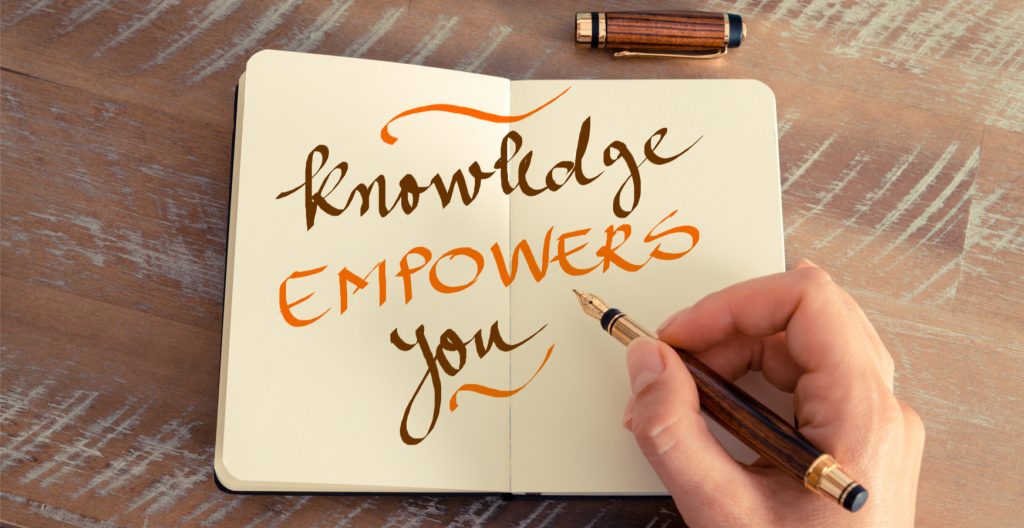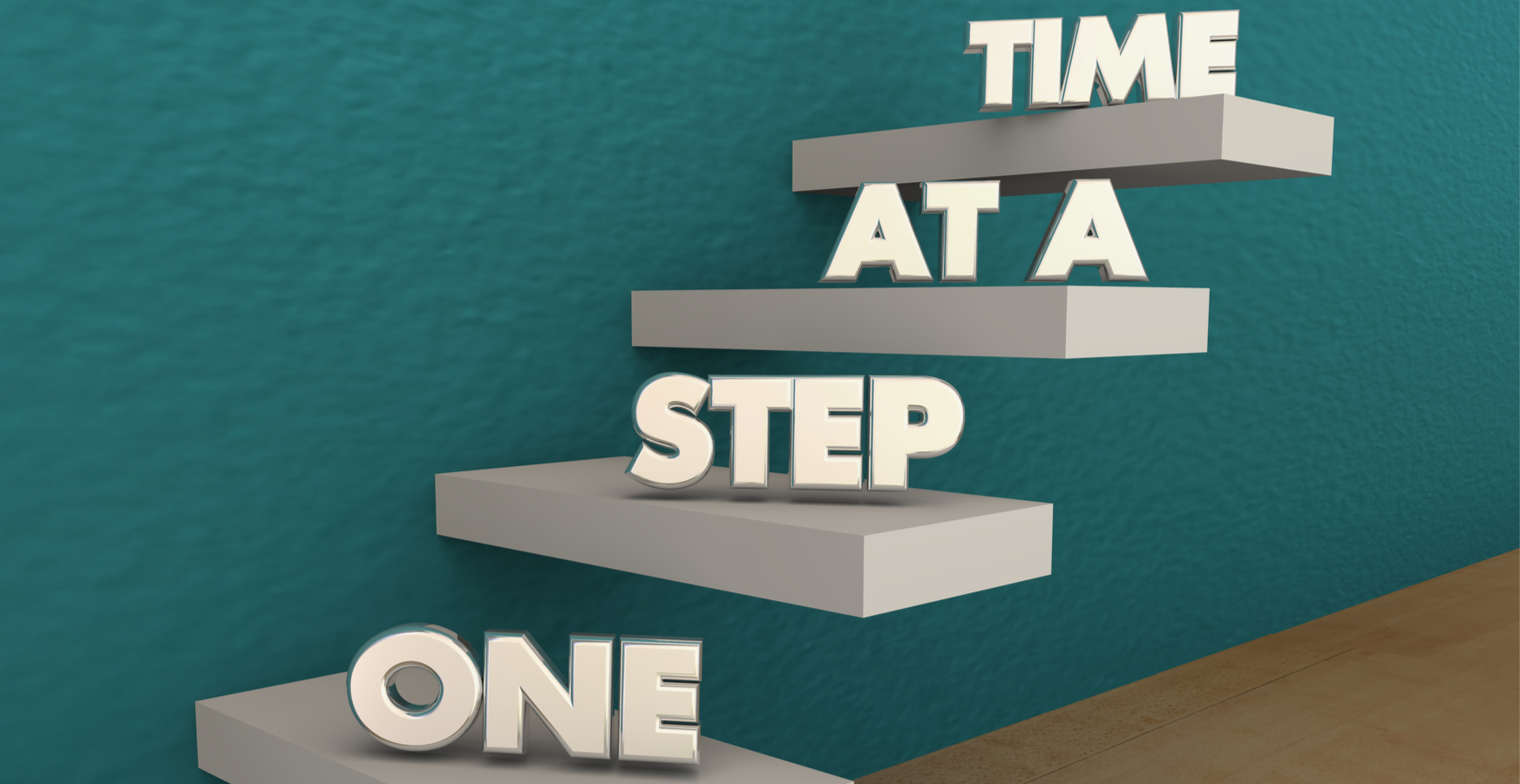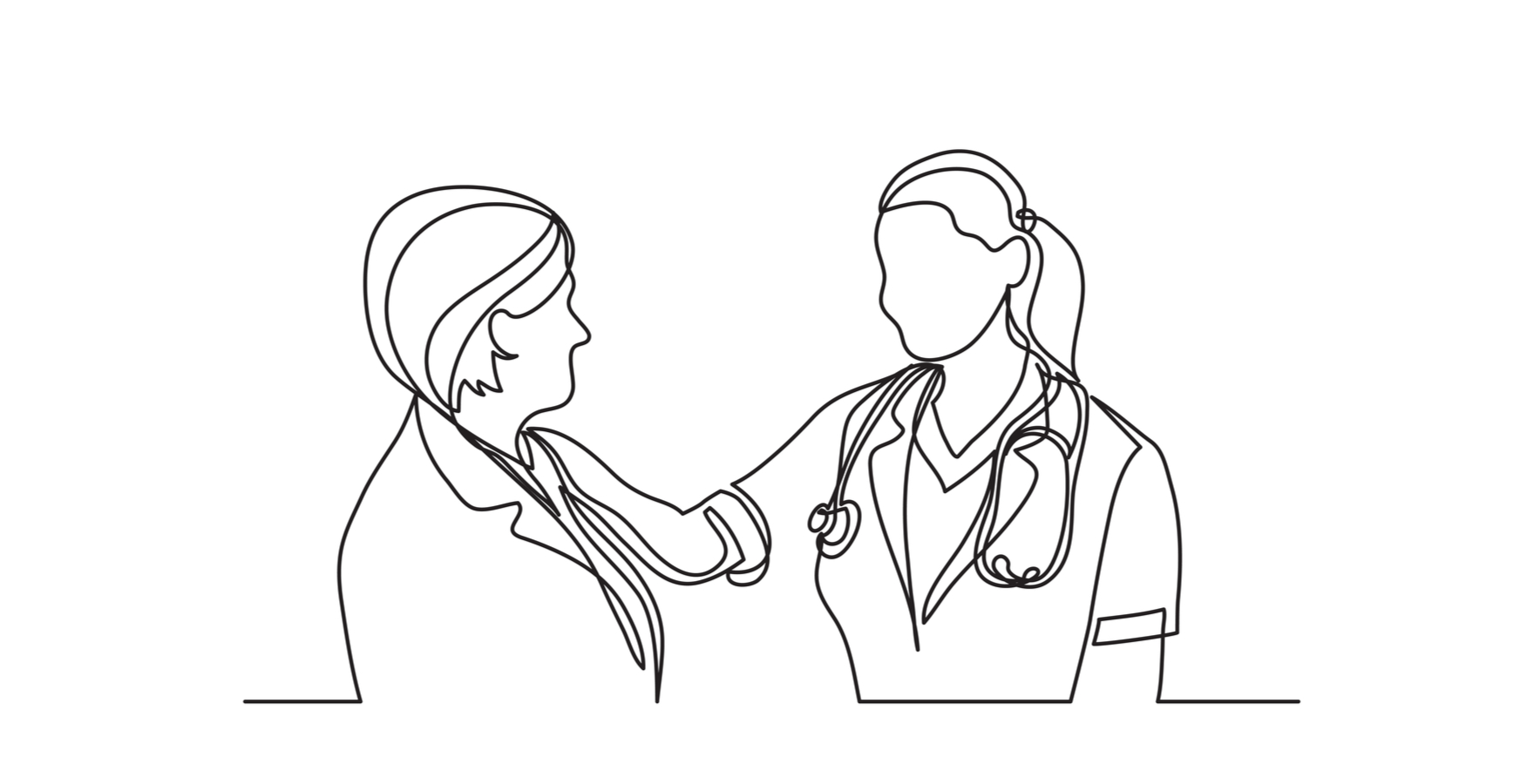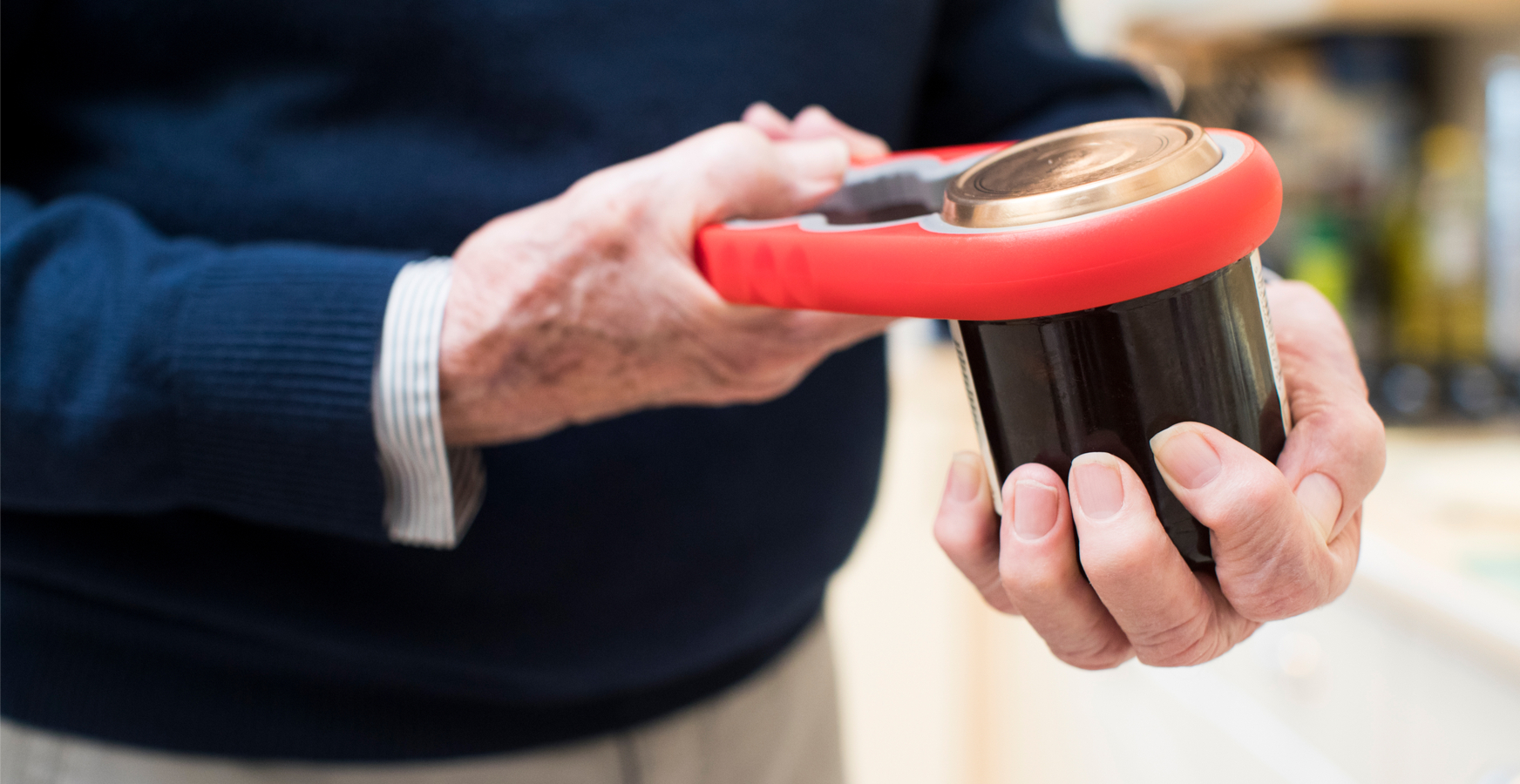My biggest breakthrough in my journey with persistent pain took place when I was taught by a physiotherapist to understand pain. Before this I thought that all my pain related to my ‘damaged’ back and ‘damaged’ sciatic nerve root, and I had no idea that there were other factors in my experience of pain. I knew no better than to seek medications that would resolve my pain, injections and surgery. I didn’t understand that everything about me, what I did and how I felt impacted on my pain.
Armed with my better general understanding of pain I was able to start to understand MY pain. I was helped to start to notice what was making my pain better and worse, and helped to start to self-manage my pain. Learning to self-manage my pain opened the door for me to stop taking medications, stop seeking ‘fixes’ to my pain, and start to live a better life with pain.
I hope these resources will help you to gain a better general understanding of pain. A very important first step to understanding and managing YOUR pain.
This section needs to be read in conjunction with the section entitled ‘Understand YOUR pain’, which goes into more detail about the complexity of pain and how pain affects an individual person.
Pain is: "An unpleasant sensory and emotional experience associated with, or resembling that associated with, actual or potential tissue damage."
IASP (International Association for the Study of Pain)
Learn more about pain

Everything about me

Pain is complex

Stress and pain

Sleep and pain
Click on the pictures to learn more about each strand
More Information

